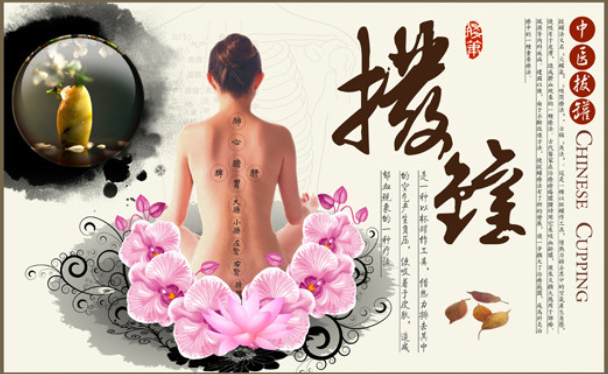Physiologically, the ear controls sense of hearing and governs balance. The ancient TCM had somewhat understanding of the fact that the ear controls sense of hearing, but without direct understanding of the fact that the ear governs balance. The chapter of On the Brain in the book LingShu (Miraculous Pivot ) carries "If the brain marrow is insufficient, vertigo and tinnitus will occur. " From this, we can see that the ancient Chinese realized vertigo and tinnitus appear simultaneously, and the former is closely related to the brain. In view of this, we can see that the ancient Chinese had some understanding of the relationship between the ear and balance. The viscera, meridians and collaterals closely connecting with the ear are as follows.
1.Kidney
Physiologically, the kidney stores essence. When the renal essence reaches the ears upward, normal hearing will exist. Thus, the chapter of Jueqi in the book Miraculous Pivot says "depletion of essence gives rise to deafness". Sufficient essence ensures the generation of brain marrow. The human balance function is closely related to brain marrow. If the brain marrow is deficient, vertigo and tinnitus will occur.
2.Liver and Gallbladder
Physiologically, the branches of gallbladder meridian of foot-shaoyang pass from the back of the ear through the ear to reach the area in front of the ear. It can be seen that the gallbladder meridian is connected with the ear; the liver and the gallbladder are exterior-interiorly connected. Accordingly, flaming-up of the liver fire may give rise to such diseases or symptoms like tinnitus, deafness, otalgia and ear suppuration.

3. Lung
The Vol. 4 of Wenre Jingwei (Compendium on Epidemic Febrile Diseases) says "The lung meridian has an acupoint called Longcong in the ear which controls hearing." Clinically, deafness due to diseases like secretory otitis media results from the failure of Longcong to function normally in the case of invasion of the lung by pathogenic wind. So the book of Suwen Bingji Qiyi Baomingji says "Treating deafness aims at treating the lung."
4. Heart
The chapter Jingui Zhenyanlun of Suwen (Plain Questions) says "The heart opens into the ear." Later the book of Shengji Zonglu (General Collection for Holy Relief) changed it into "The heart has its orifice in the ear." This does not contradict the fact that the kidney has its orifice in the ear. At the same time, it also expresses the close ties between the heart and the ear. Pathologically, the two situations are commonly-seen: one is the physiological incoordination between the heart and the kidney which causes tinnitus and deafness; the other is the obstruction of blood vessels which may also give rise to deafness and obstruction of the ear.
5. Spleen
The spleen raises lucid yang to nourish the ear. The seven facial orifices are called "the orifices of lucid yang". This means all the seven orifices depend on the nourishment of lucid yang to function normally. If the spleen qi is deficient, lucid yang will fail to be raised and turbid yang qi will rise, giving rise to prolonged purulent secretion inside the ear, hypoacusis, vertigo, etc.







